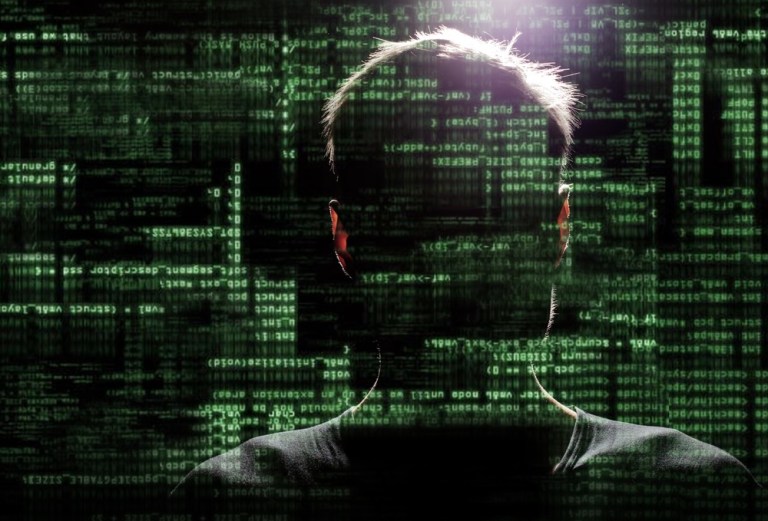The Internet of Things is coming, which means there is going to be an exponential increase in the number of hacks as more devices talk to each other. Aiming to prevent hackers from taking control, the U.S. Department of Defense’s research unit, DARPA, hosted its inaugural Cyber Grand Challenge.
At the event, seven autonomous computers will battle it out in a game of capture the flag. DARPA is billing it as the world’s first all-machine hacking tournament, in which programmers will create computers that can catch and correct flaws in their code without needing a programmer. In the digital game, the winner of a $2 million prize is the one that protects its digital flag and, at the same time, finds its competitors’ flags.
We’d love to be your preferred source for news.
Please add us to your preferred sources list so our news, data and interviews show up in your feed. Thanks!
The idea behind the live event is to discover ways connected devices can work together to protect themselves from computer hackers. It’s particularly important in today’s environment where companies, individuals and even government agencies are falling victim to hack attacks. The more devices that are connected, the more targets the bad guys have. In a scenario where connected cars are talking to each other, a compromise can have a lasting impact.
According to a report, software companies, on average, need a year to identify any flaws in their programming code and to fix the security flaws. That gives hackers a lot of time to infiltrate the computer system and steal sensitive data. The idea behind the competition, said Mike Walker, a program manager at DARPA who is running the Cyber Grand Challenge, is to bring self-healing to the internet domain so that things can be spotted and corrected in less time than it takes for the bad guys to cause damage. During the 10-hour contest, the programmers’ software will defend against attacks and, at the same time, look for security flaws in their competitors’ programs.

 Add as Preferred Source
Add as Preferred Source



